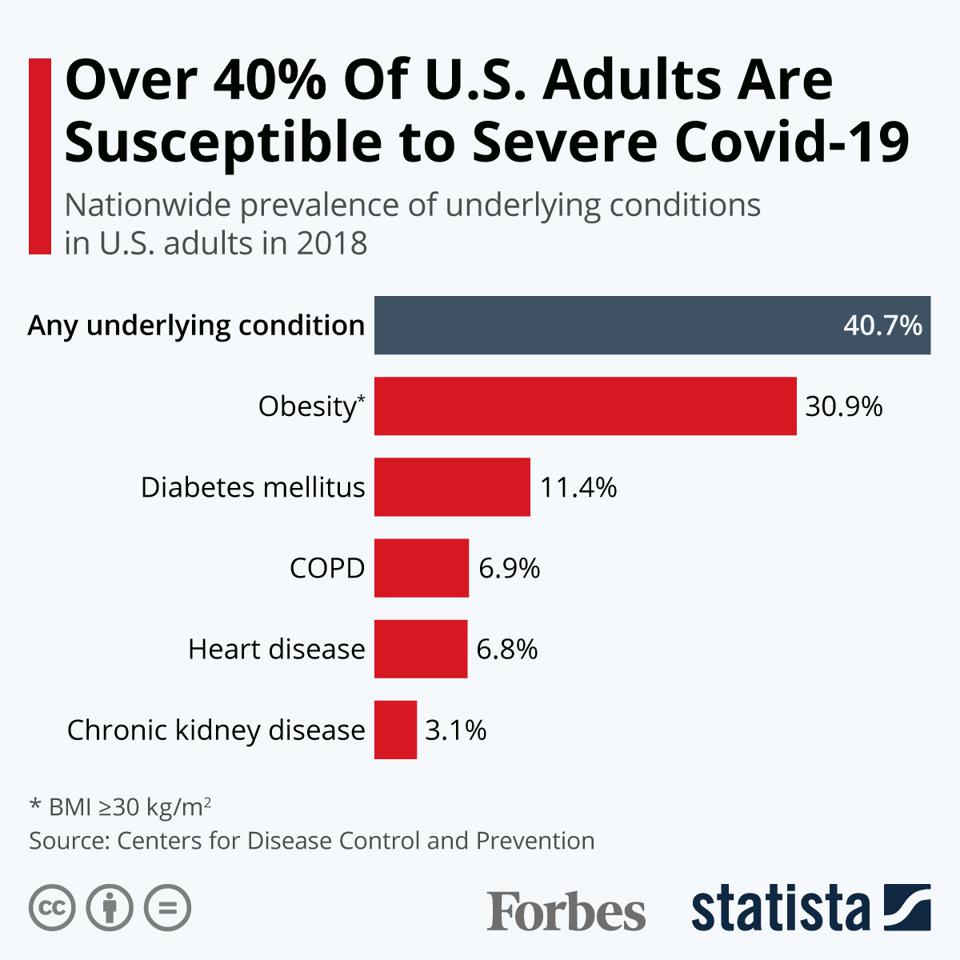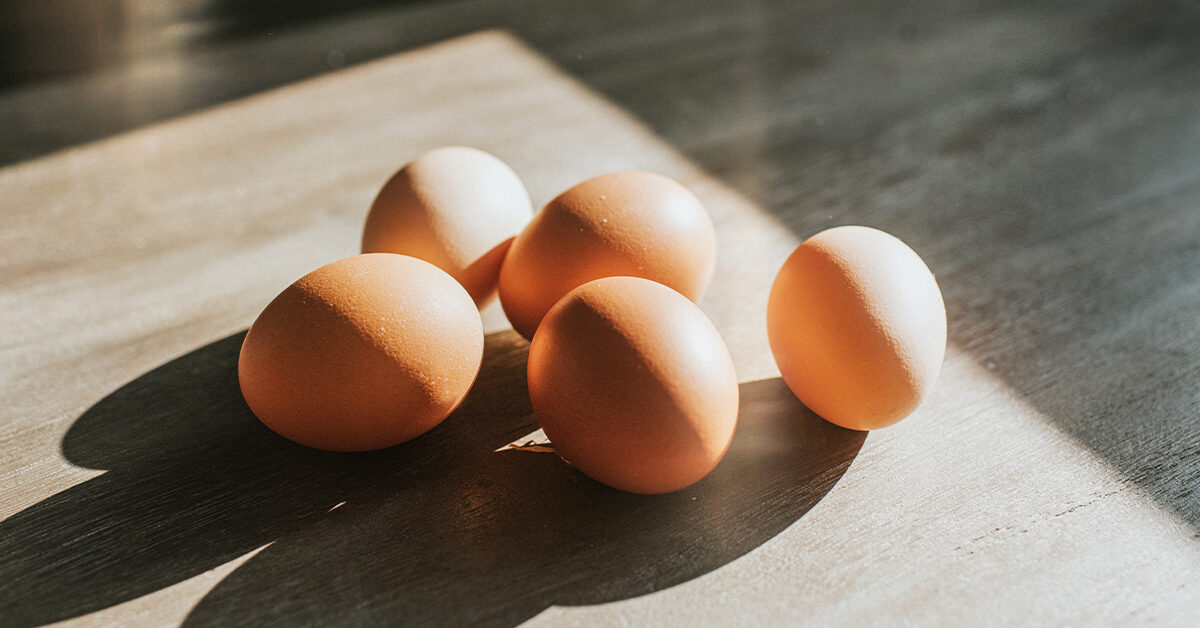
Heart disease is the leading cause of death in America. Every 40 seconds, a heart attack takes the life of a person. Heart disease can be described as the "silent killer." It is important to control your blood pressure. Aim for a blood pressure level of 120 to 80. 150 minutes of moderate exercise per week is recommended by the American Council on Exercise. However, you should always check with your healthcare provider before starting a new exercise regimen.
On average, your doctor will spend 17.5 minutes with you to examine. During this time they will review your symptoms, assess your vitals, and answer any queries you may have. Restrict your intake of fried food, processed food, and other fast food. Limiting your intake of alcohol, red meat, and other alcoholic beverages is also a good idea. They can lead to high blood pressure. It is best to avoid medications that cause high blood pressure, or weakening of the heart. Your doctor will give you the best prescription.

Also, you should have your cholesterol levels checked frequently. While it may seem excessive, it's an important part to your heart health. Often, insurance covers the cost of this test. It is important to have your cholesterol checked regularly for heart health. High cholesterol can clog the arteries, causing blood vessels to enlarge and restricting the flow of blood. You should practice heart health tips on a regular basis. If you have had any heart problems in the past, tell your doctor.
Your heart health is crucial for your overall health. You can do this through increasing your daily activity. Even if your favorite activity is not walking or swimming, you can still get the benefits of a vigorous workout. If you hate exercise, try gardening or painting your room. You can walk the distance from your home to your office if you don’t have the time. It will help you keep your heart healthy.
Walking is an excellent way to improve your heart health. Whether you take a stroll, a jaunt, or a hike, walking is beneficial to your heart. Walking can improve your health, energy, and prevent many illnesses. You can also walk for as long as you like - it's better than sitting still! Maintaining a healthy heart can bring you many benefits that will improve your quality and life.

Eating a healthy diet is also a way to reduce the risk of heart disease. A diet rich with fruits and veggies is associated to lower heart disease risk. Wholegrain cereals are rich in fiber, which is good for your heart. Besides, it's a good way to keep yourself from gaining too many weight. It also helps to increase your energy levels and fight fatigue. There are several other benefits to a heart healthy diet.
FAQ
Is it possible to drink alcohol while training?
Yes. Alcohol can increase energy expenditure and speed up recovery, as well as reduce soreness.
Alcohol also increases insulin sensitivity, making it easier to absorb glucose.
Dehydration can result from alcohol, which can affect your metabolism. It can also decrease testosterone production, which can affect muscle-building ability.
For these reasons, women shouldn't drink alcoholic beverages before working out. Women who drink heavily should wait at least 24 hours between drinking and working out.
The best thing for women who are pregnant is to avoid alcohol.
Men should drink only one glass of alcohol per day.
Is weightlifting more effective at burning fat?
Weight lifting will help you burn more fat, but it's best to combine it and cardio.
You should do weightlifting after your cardio workouts to maximize its benefits.
If done correctly weightlifting can raise your heart rate, oxygen consumption and help you lose weight.
You will not notice any changes in your body composition if you don’t combine it and cardio.
How fast can I transform myself?
Your mindset must be changed. First, you must decide to make a change.
Once you've decided to make a change, you must commit to working on your fitness for at least three months.
You will then need to choose a program that is compatible with your lifestyle.
Realistic expectations are also important. If you're not willing to invest the time and effort required to achieve your goal, then don't buy a gym subscription.
Instead, make use of your time outdoors.
Walk around your block for an hour every day to burn calories and help you lose 1 lb per month.
Now that you know what you're going to do start planning how you will organize your life to fit this new plan.
This includes making sure that you schedule a time to work out every morning before leaving for work and take breaks throughout the day to move.
Reward yourself for reaching milestones. You can buy accessories and clothes that reflect your success.
Is it true to say that protein overeating can lead to kidney stones?
Protein is important for maintaining healthy bones and tissue. However, too much protein can result in calcium excretion through the urine. This can lead to kidney stone formation.
It is important that you note that not all people develop kidney stones when they consume more than 2 grams of protein per kg (2.2 pounds). Some people can eat high amounts of protein without getting kidney stones.
By being careful with your sodium intake, you can prevent kidney stones. Sodium helps regulate water balance in the kidneys. Too much sodium can cause kidney stones.
You can also try reducing your protein intake if you get kidney stones. About half of adults' daily caloric intake is made up of protein. If you cut back on protein, you'll likely lose weight.
If you do decide to eat more protein, don't go overboard. Aim for less than 20% of total calories from protein.
Statistics
- Cardmembers earn 5% Back at Amazon.com with a Prime Credit Card. (amazon.com)
- By John Thompson Take a whopping 38% off a set of PowerBlock Pros. (menshealth.com)
- The PRS enabled risk stratification for overall prostate cancer and lethal disease with a four-fold difference between men in the highest and lowest quartiles (HR, 4.32; 95% confidence interval [CI], 3.16-5.89). (pubmed.ncbi.nlm.nih.gov)
- Get free shipping and 25% off today. (healthline.com)
- According to the American Academy of Dermatology (AAD), men over 50 are at a heightened risk of developing it. (healthline.com)
External Links
How To
What nutrients does a man need daily?
For healthy growth and development, men need to eat a balanced diet. The body requires vitamins and minerals, protein, carbohydrates, fats (fats), water, fiber, as well other essential elements.
You also need specific nutrients for different times in the day. Your body makes hormones, antibodies and enzymes when you are asleep. When you wake up, your body uses protein to repair damaged tissue and build muscles.
Your body uses the night to break down fat and store extra energy as glucose. During this time, your body needs fewer calories but still needs sufficient nutrients. You can have a snack at night if you feel hungry.
To fuel your muscles while you train, you will need sufficient carbs as well as protein. After a hard workout, muscle soreness may occur.
To prevent this, you must consume carbs and protein within 2 hours of training. To get energy from glucose, your body will start to degrade stored glycogen.
In addition, you must consume protein immediately after completing your workouts. This prevents muscle tissue from being broken down while you are sleeping.
During periods of intense physical activity, your body produces lactic acid. The body produces lactic acid when there is too much activity. This can cause fatigue. To avoid this, you should eat foods rich in carbohydrates, such as fruits and vegetables.
Carbohydrates are a good source of energy to help you recover from hard exercise.
Additionally, lean meats, fish and eggs, dairy products, yogurt, cream, cheese, yogurt and beans can be added to your diet.
All of these foods have high-quality protein. Protein promotes muscle growth and repairs damaged tissues. Protein also supplies the amino acids your body requires to make sex hormones, such as testosterone.
You also need enough dietary fats to maintain good skin, hair, nails, and joints. Healthy men require between 20% and 35% of total caloric intake from fat.
Fat protects your heart from cancer and keeps it strong. It helps keep your brain working properly.
Most of the fat you need can be obtained from vegetable oils, including sunflower oil (or soybean oil), peanut oil, peanut oil, soybean oil, and peanut oil.
These oils are high in monounsaturated fatty acids (MUFAs). MUFAs lower cholesterol and decrease inflammation. They protect your cells from damage by free radicals.
Saturated fats are found in animal products including meat, dairy products, butter and other dairy products. SFAs raise LDL ("bad") cholesterol and increase triglycerides. They are also good for weight loss and belly fat.
Polyunsaturated oil (PUFAs), which are plant-based, can be found in vegetable oils, nuts seeds, grains, and other plant-based products. PUFAs help improve cardiovascular function, and lower inflammation. They also reduce blood sugar, cholesterol, and other inflammatory factors.
Erectile dysfunction can often be a problem for men who have low HDL ("good") levels of cholesterol. The consumption of saturated fats raises bad cholesterol which in turn lowers good cholesterol.
Because of the high levels of nitrates in red meat and pork, men with prostate problems may eat more of them. When heated, nitrates are converted to nitrosamines. These compounds can cause cancer.
Most processed meats contain nitrites and other harmful chemicals. You should avoid them.
The American Heart Association recommends that you limit your intake of red meat to 2 per week. Instead, choose poultry and fish, legumes, tofu or whole grain bread as your main source of protein.